gi lymphoma in cats bloodwork
How to Diagnose Feline Intestinal Lymphoma. An experienced clinician discusses the road to success when the diagnostic path is unclear.
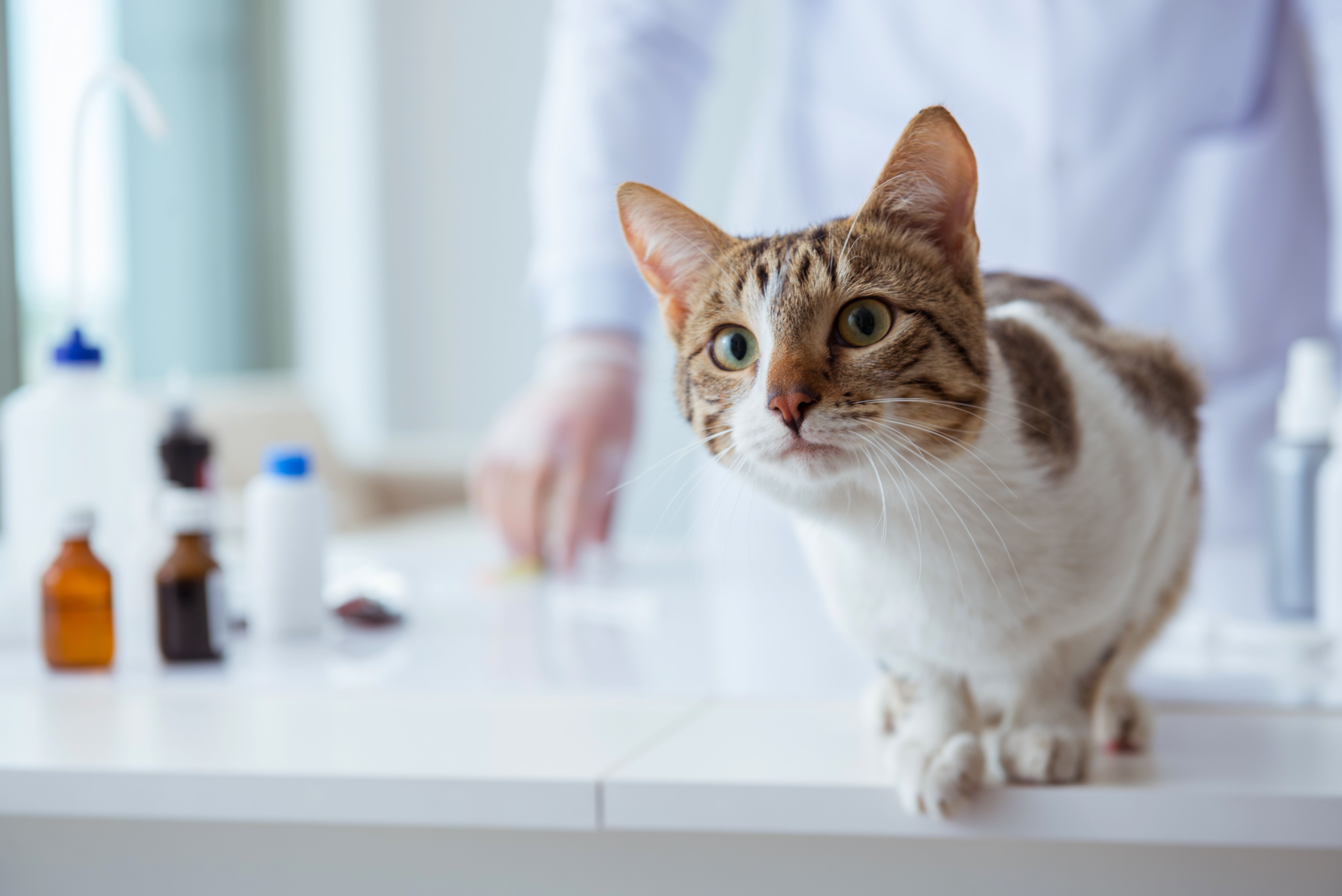
Feline Lymphoma Diagnosis And Treatment
Can lymphoma be misdiagnosed in cats.
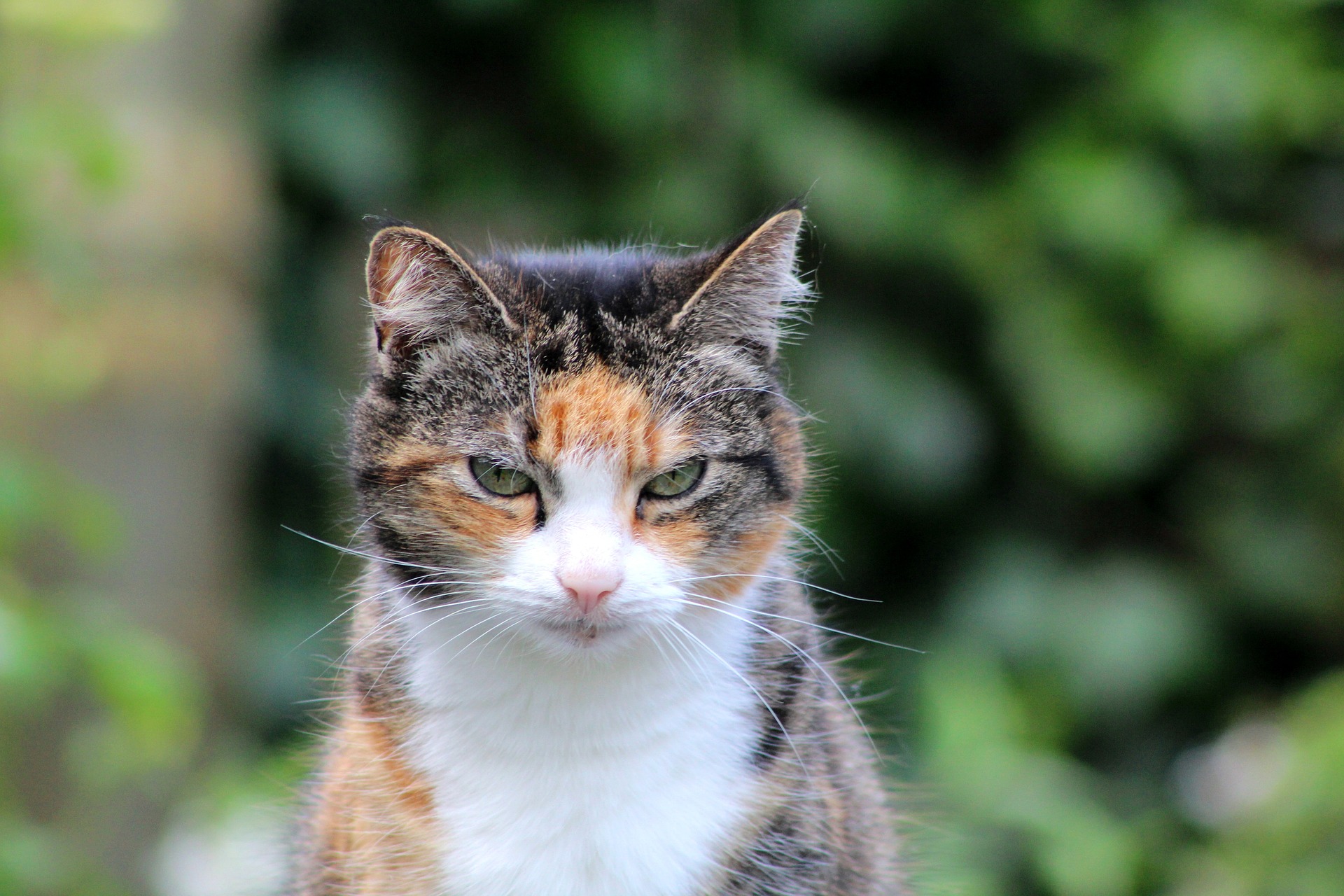
. Alimentary lymphoma or what is commonly known as Gastrointestinal lymphoma is one of the most common kinds of lymphoma that I have seen in cats. It is perhaps one of the most common types of all cancer associated with cats. Lymphoma is the most common cancer in cats and it is most frequently located in the gastrointestinal tract.
Feline lymphoma can be found in several different sites. Generally lymphoma is found in older cats with males being slightly more predisposed than females. This is by far the most common type of lymphoma in cats.
Small cell lymphoma may be managed for some time with medication whereas. Ad Help support the lymphatic system naturally and keep your pet comfortable. Lymphoma accounts for one third of all cancers developed by cats.
When your cat has this disease its important to recognize and understand the end stages and to. The feline leukemia virus FeLV has been shown to cause lymphoma in cats. Lymphoma in cats is now most commonly seen in the intestines.
Feline lymphoma or lymphosarcoma is the most common form of cancer in cats. 1 Its clinical signs can be vague and include vomiting diarrhea weight loss and inappetence. After a thorough diagnostic workup and treatment trials to rule out other conditions a definitive.
Lymph nodes spleen liver gastrointestinal tract and bone marrow. The diagnosis of chronic enteropathy can include cats with chronic vomiting andor diarrhea cats with biopsy-diagnosed IBD inflammatory bowel disease and cats with small cell GI lymphoma. In this respect these results confirm that a stepwise testing is most likely the best strategy.
It is most often seen in senior cats and the prognosis and treatment depends on the type of lymphoma diagnosed small or large cell lymphoma. Intestinal lymphoma can actually be split into two further types- small cell lymphoma and large cell lymphoma. This particular type of cancer is known for more frequently affecting cats with the feline infectious virus FeLV because the immune system is already compromised.
Intestinal Lymphoma in Cats. High-grade GI lymphoma specifically is an aggressive form of cancer in cats which is often wide spread at diagnosis. Low-grade small cell lymphocytic feline GI lymphoma is composed of small relatively well-differentiated.
Each type of lymphoma is named for the area that it is found. As far as I know the only positive test is thru a biopsy. Feline lymphoma is one of the most common cancers in cats and typically affects the gastrointestinal system.
In this form of lymphoma lymphoid organs in the chest such as the lymph nodes or the thymus are. Your cat must have signs of chronic GI disease of more than 3 weeks duration have had non-GI causes of vomiting andor diarrhea ruled out. Write down when you first notice symptoms.
Written by Small Doors medical experts. Interestingly a large part of your cats immune system is in the. We typically see lymphoma in younger cats that are infected with FeLV or FIV and in older cats that are not infected with either virus.
The gastrointestinal tract is the most common region affected. This term describes lymphoma that affects the gastrointestinal tract. It typically involves several areas of the GI tract and can involve multiple lymph nodes the spleen liver and the bone marrow and blood.
Inflammatory bowel disease IBD and small cell lymphosarcoma SCLSA are common causes of chronic gastrointestinal GI tract disease in cats. Alimentary or Intestinal Lymphoma By far the most common lymphoma in cats this type of lymphoma affects the guts. This study suggested that a significant number of feline intestinal small cell lymphomas are incorrectly diagnosed as inflammation using histology alone or in combination with immunohistochemistry.
Lymphoma can occur in many areas of the body including the gastrointestinal tract kidneys liver lymph nodes skin chest cavity and nasal cavity. Cats infected with the feline immunodeficiency virus FIV are also at higher risk for developing lymphoma. The history clinical signs and results of blood work and imaging for these conditions are nonspecific and often overlap.
Lymphoma is one of the most common cancers diagnosed in cats. It is always so difficult for me to talk about lymphoma after losing my own kitty Frederico to lymphoma a few years ago. Cats with this disease often present.
Gastrointestinal lymphoma in cats is a form of alimentary cancer which occurs in the intestinal tract of a cat. When the mediastinal lymph nodes become infiltrated with lymphoma a mass is apparent in the mediastinum and a cancerous fluid fills the chest restricting breathing. Unlike lymphoma in dogs viral causes of feline lymphoma are well defined and the feline leukemia virus FeLV.
Feline intestinal lymphoma progresses slowly with symptoms gradually getting worse over one to three. Eventually the disease will be fatal. It is a cancer of the lymphocytes a type of white blood cell and is found throughout many areas of the body which include.
My experience with lymphoma brings together what I had been through as a pet parent and what I. In general lymphoma is a cancer of a type of white blood cell called a lymphocyte. With IBD my understanding is that your cat is either vomiting frequently or having loose stools or diarrhea frequently or all or these issues.
Not sure if anything shows up in a blood test or not. Its highly treatable but incurable. Gastrointestinal GI or alimentary lymphoma is the most common form of lymphoma in cats1-3.
T cell rich large B cell lymphoma also referred to as feline Hodgkin-like lymphoma in some studies is composed of a mixture of reactive small lymphocytes and large neoplastic B lymphocytes resembling the Hodgkin cells or Reed-Sternberg cells of human Hodgkins lymphoma. Feline GI lymphoma is histologically classified as low intermediate or high grade according to the size and anaplasticity of the neoplastic lymphoid cells. Intestinal lymphomas usually cause poor eating weight loss diarrhea and.
Detect a decreased appetite. Find NHVs tried and tested pet lymphoma supplements in one holistic pack.
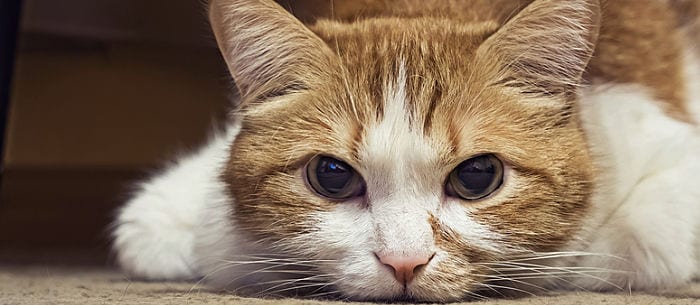
Lymphoma In Cats Everything You Need To Know Care Com Resources
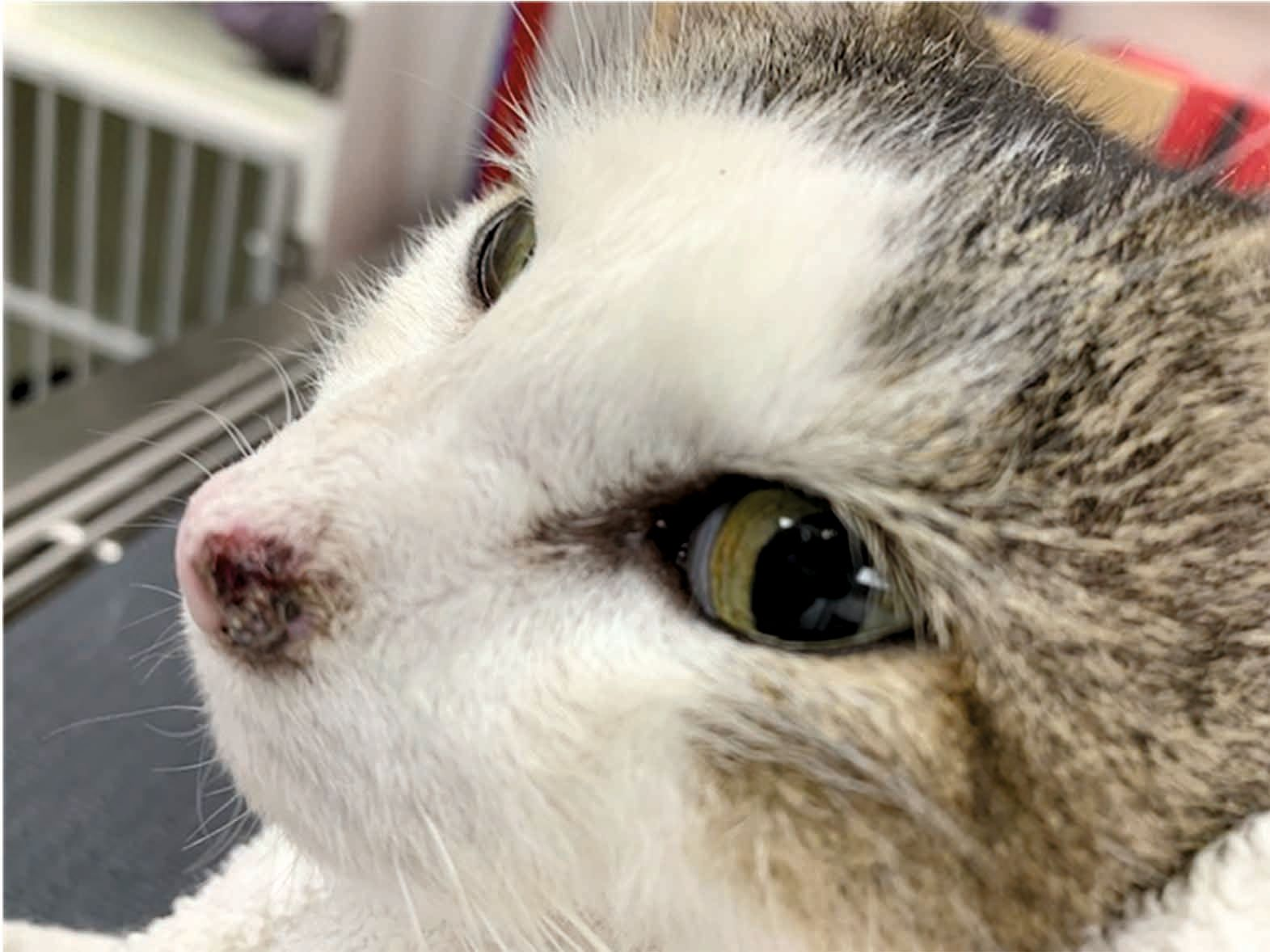
Vet Focus 31 1 Diseases Of The Feline Nasal Planum Vet

Lymphoma In Cats Atlantic Veterinary Internal Medicine

Diagnosing And Treating Lymphoma In Cats Firstvet
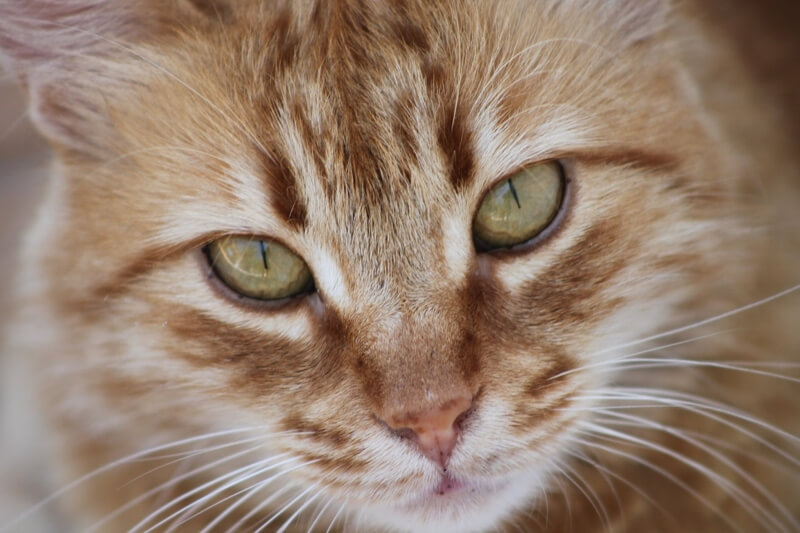
Understanding Lymphoma In Cats
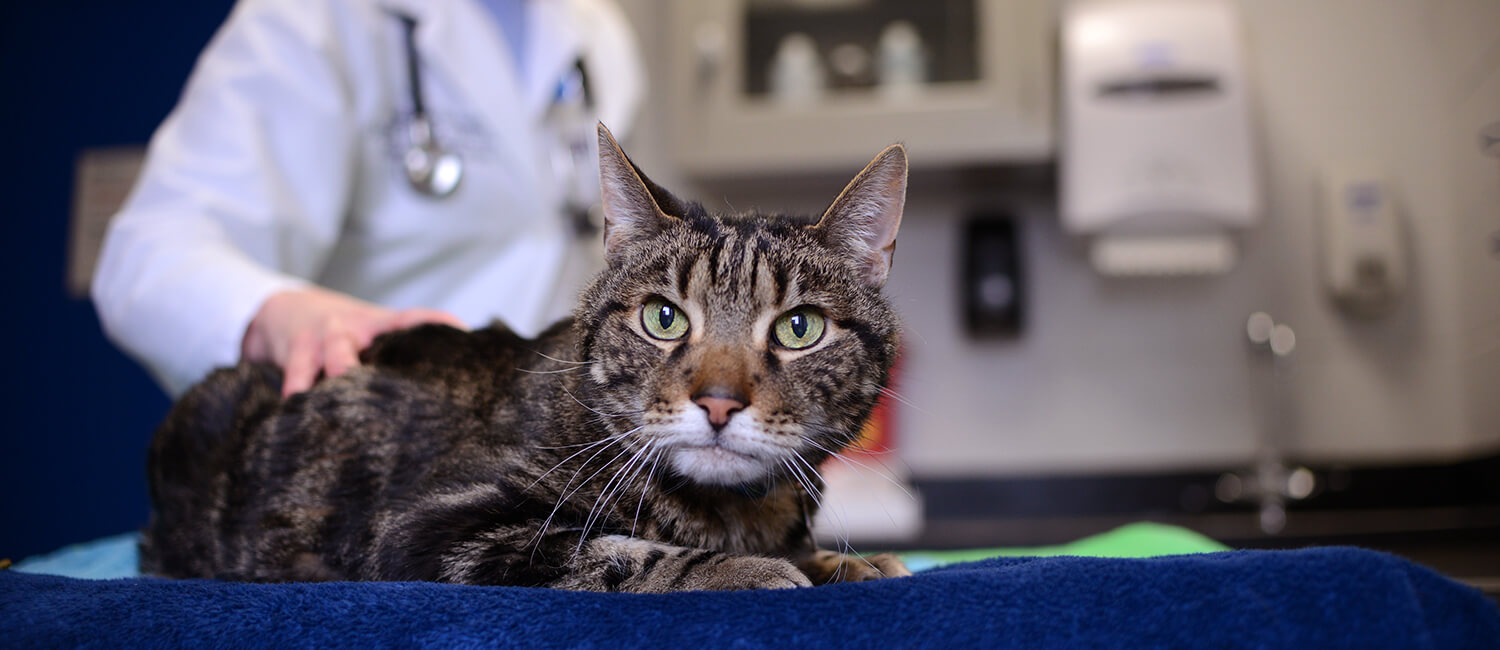
Pennvet Joey The Senior Cat Triumphs Over Illness With Help From Friends

Cancer Lymphoma In Dogs And Cats

Ataxia In Cats Loss Of Balance In Cats Petmd
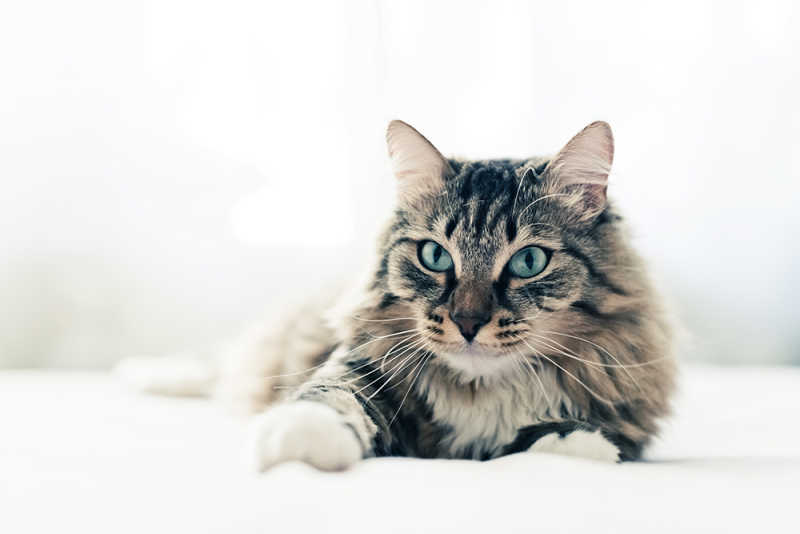
Lymphoma In Cats Small Door Veterinary

Living With Lymphoma Catwatch Newsletter
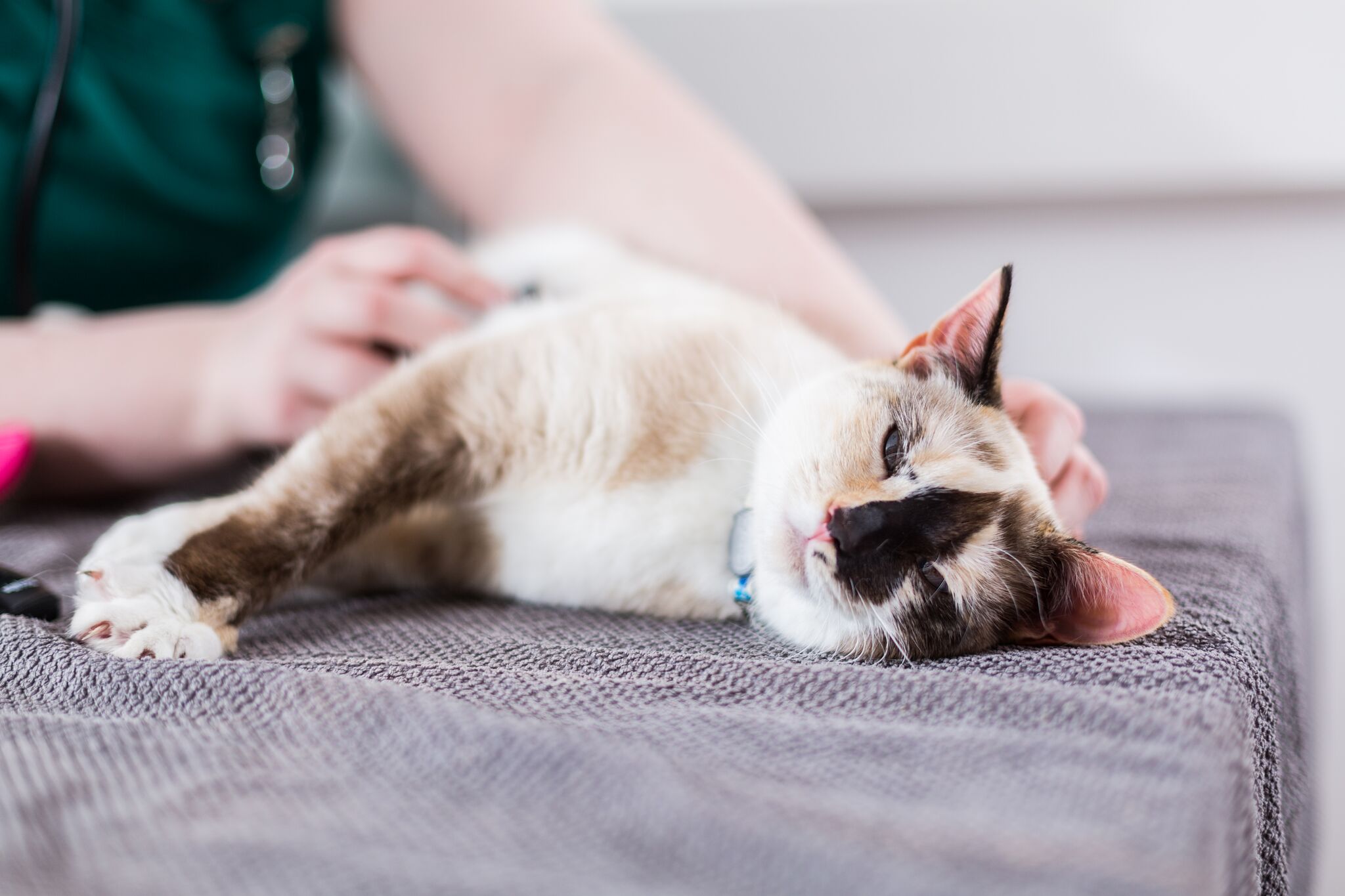
Blog Referral Vets In Leeds Swift Referrals
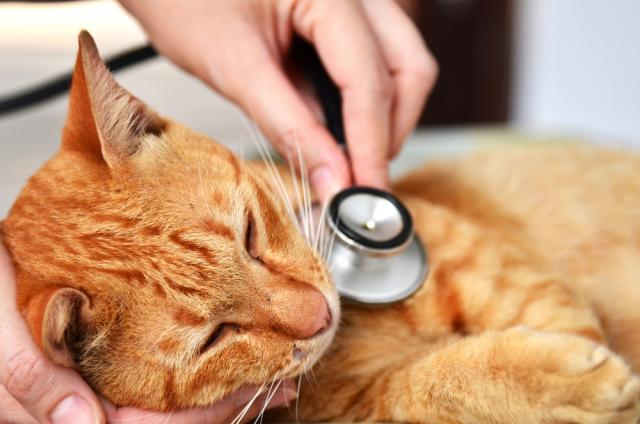
Liver And Spleen Cancer Hemangiosarcoma In Cats Petmd

Feline Intestinal Lymphoma Fairview Animal Hospital

Understanding Lymphoma In Cats

Cat Internal Muscle Skeletal Anatomy Poster 24 X Etsy Cat Anatomy Anatomy Veterinary
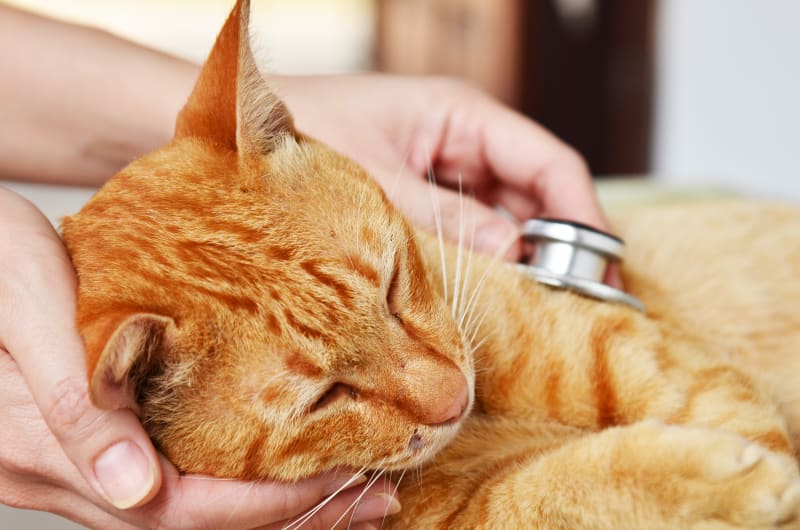
What You Should Know About Stomach Intestinal Cancer In Cats Matthews Emergency Specialist Vets
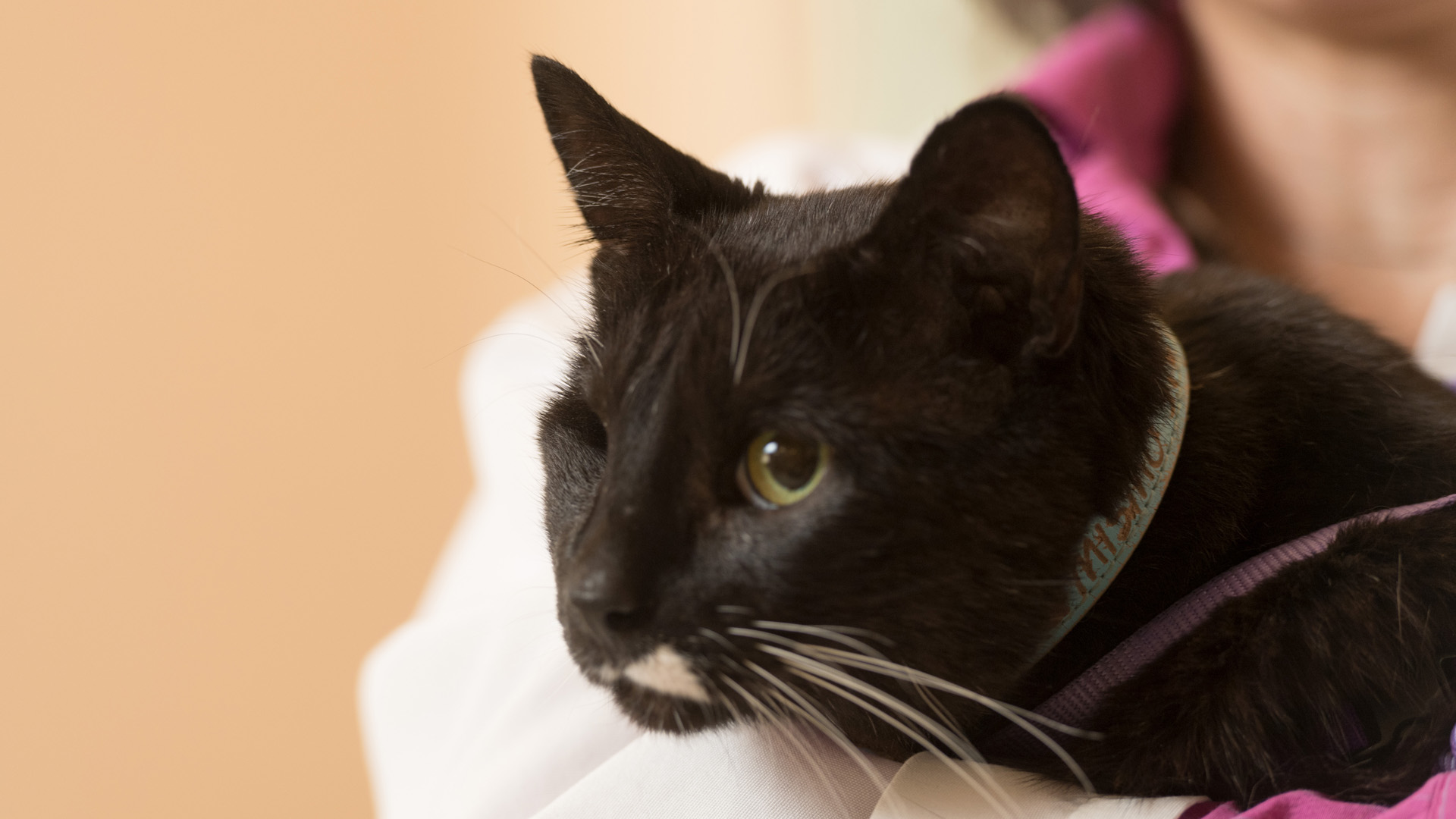
Veterinarians Discover New Insights Into Gi Lymphoma In Cats Flint Animal Cancer Center
